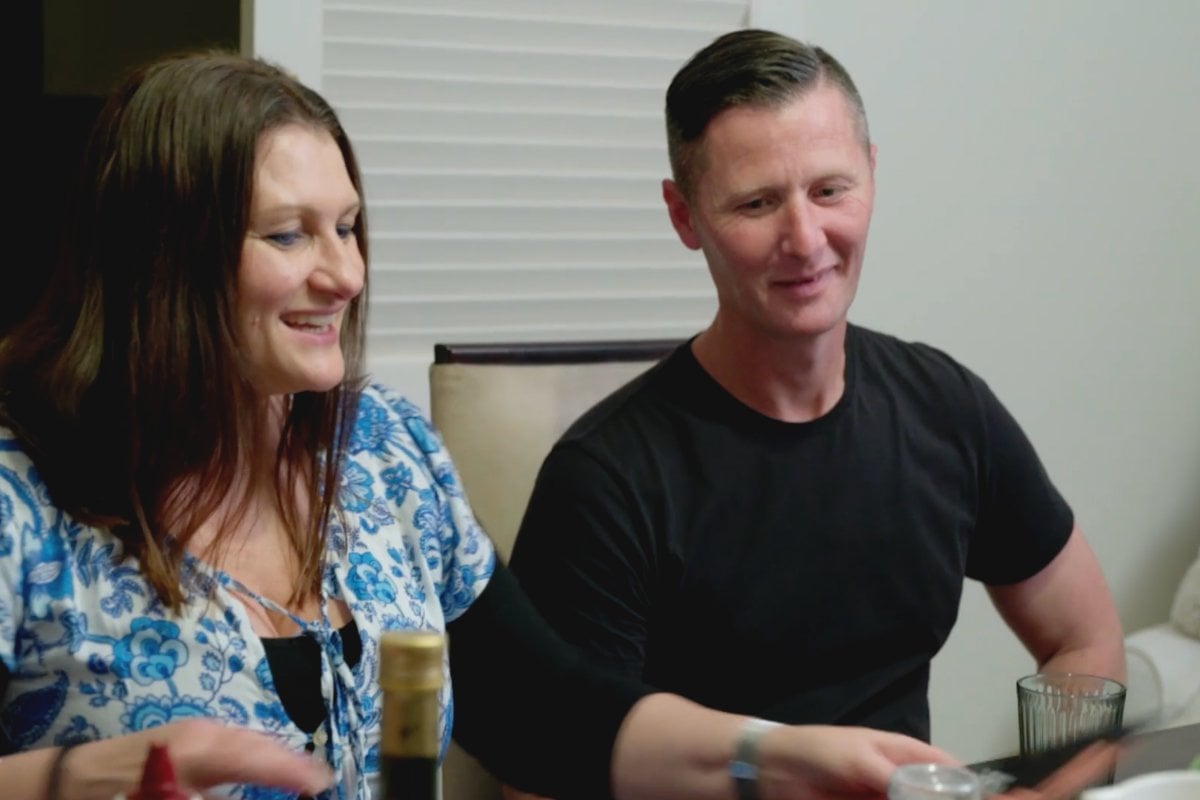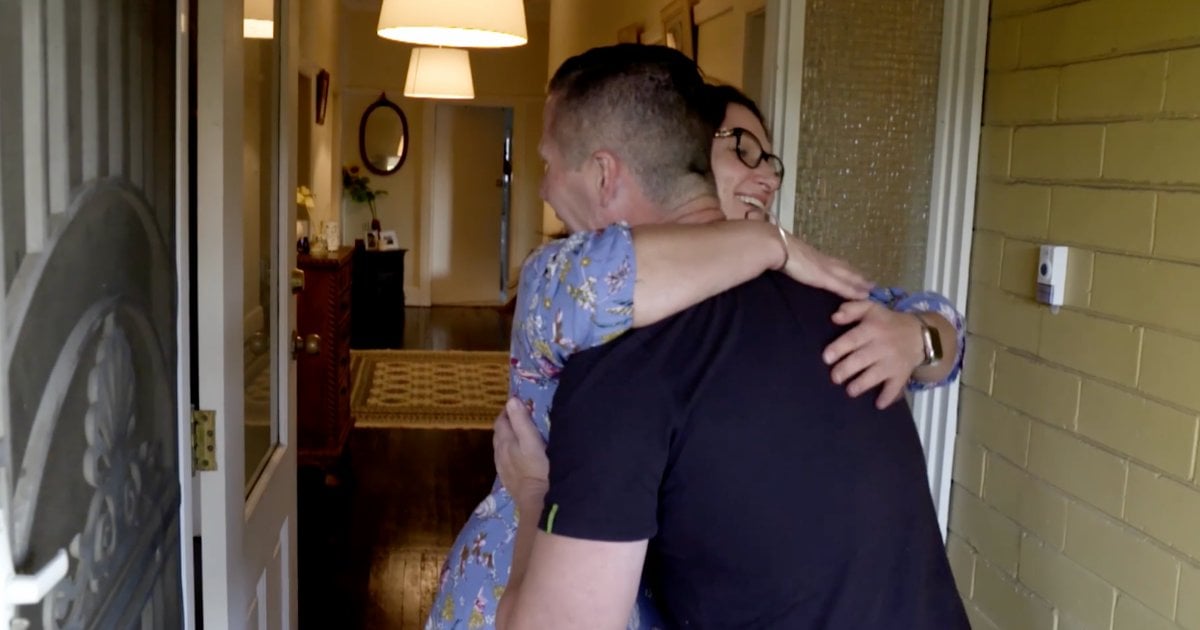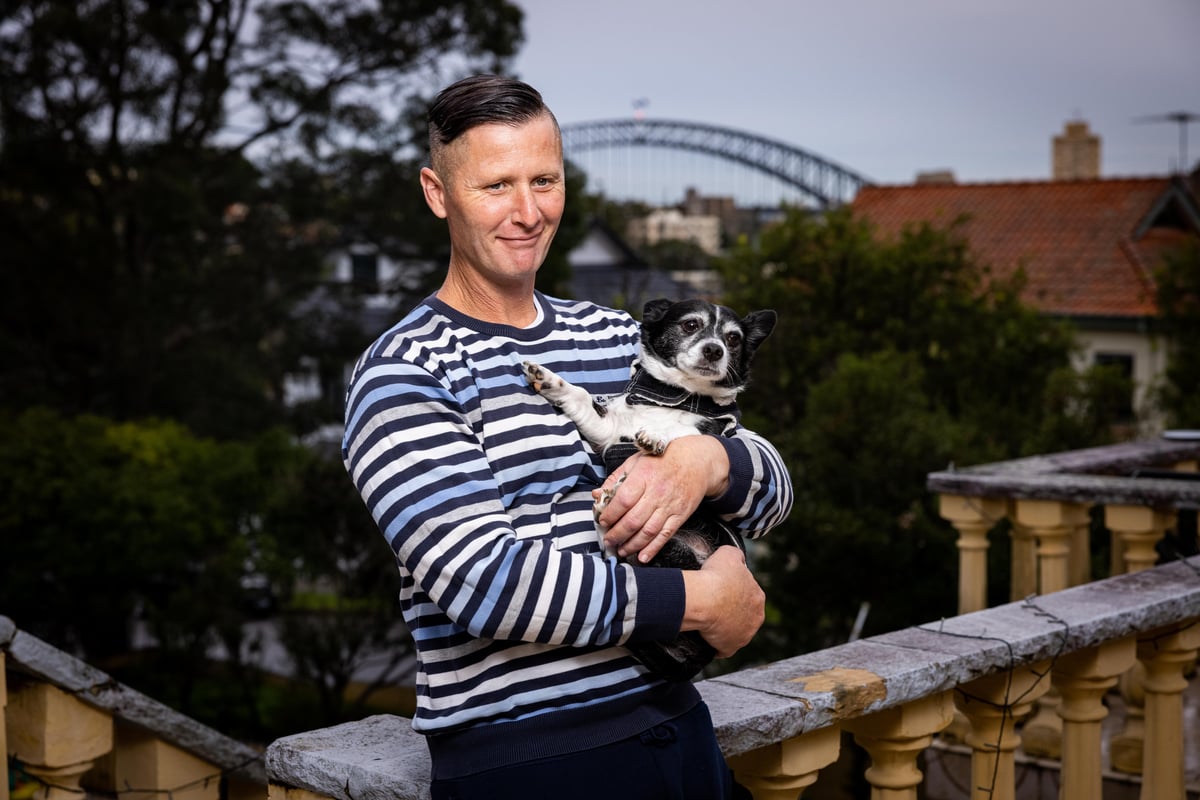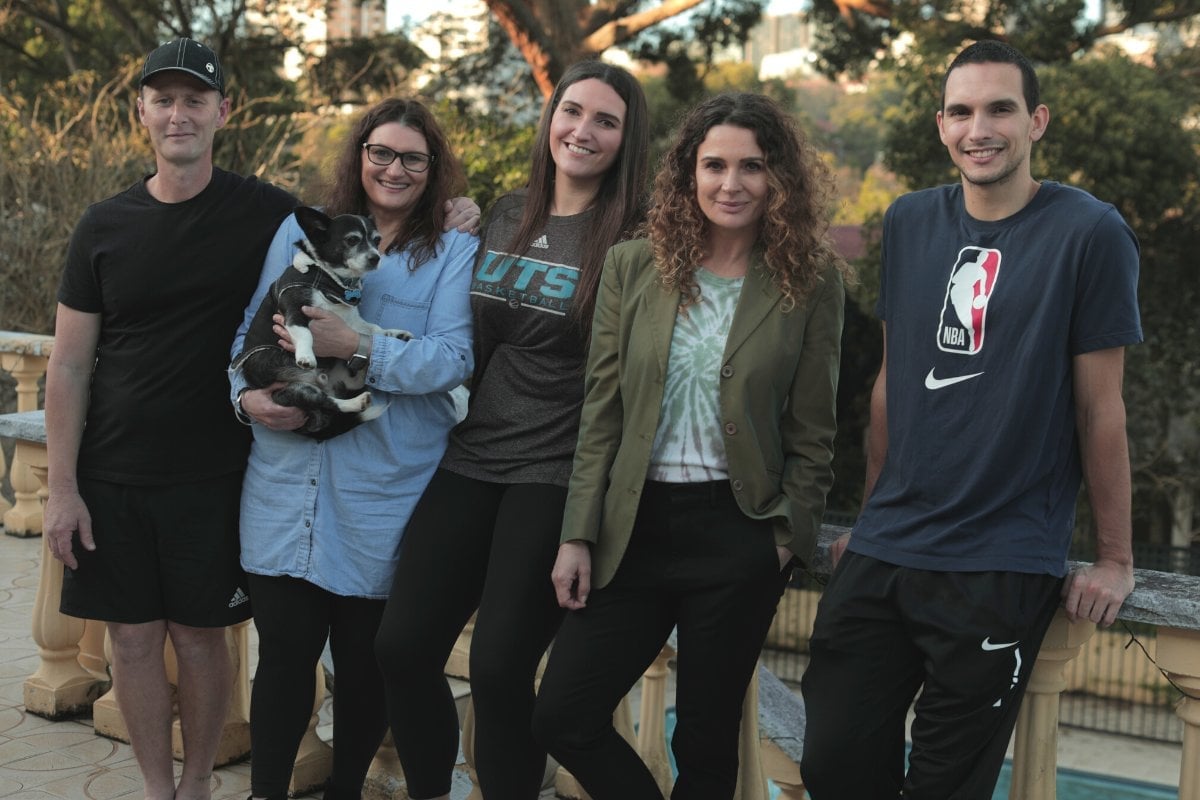

While some people may have reservations about opening up their own home to a formerly incarcerated person, for Louise and her two adult children, Brittany and Reggie the decision was easy – a resounding yes.
“I’ve always had empathy for people who have made a wrong decision in life. I feel like any one of us can just make a bad decision and end up on a completely different path,” single mum, Louise tells Mamamia.
Motivated by the ideal that everyone deserves a second chance, Louise's community-minded family opened their home and lives to formerly incarcerated man, Jeremy.
Jeremy’s stay with Louise and her children was a part of the ground-breaking new SBS documentary series, Life on the Outside, hosted by Danielle Cormack (Wentworth).
The show follows four formerly incarcerated people in a never-before-seen television experiment that looks at whether the outcome can change if you place newly released people from prison into Australian households for the first 100 days of their release.
Watch the trailer for Life on the Outside. Stream Free on SBS On Demand. Post continues after video.



